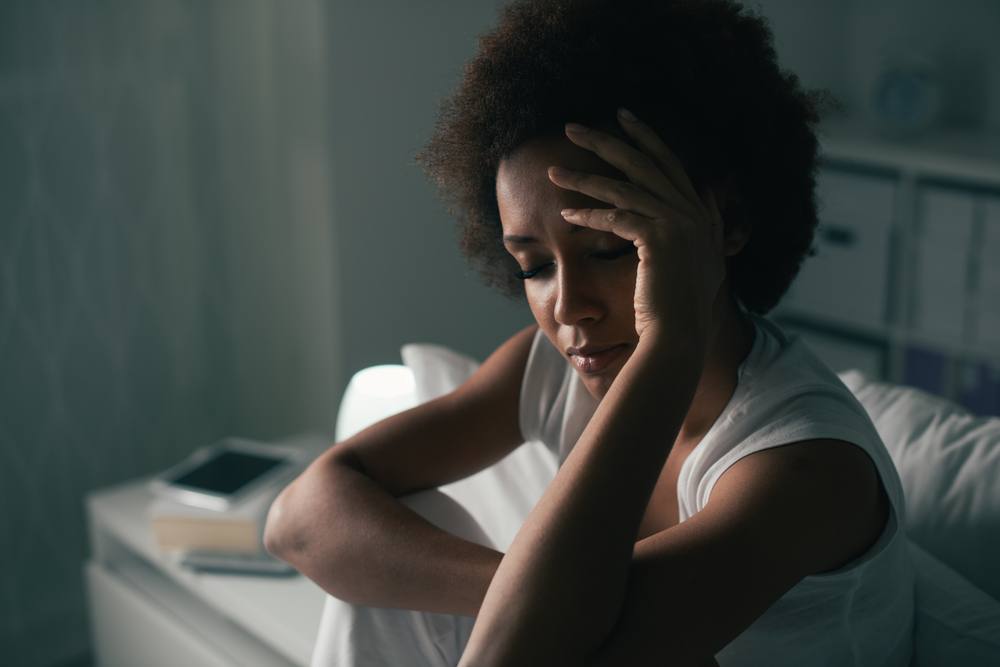-
Featured News
Research finds hot flashes, night sweats connected to obstructive sleep apnea risk in middle-aged women
 ROCHESTER, Minn. – In a new study published today in Menopause, researchers have found that the hot flashes and night sweats faced by upward of 80 percent of middle-aged women may be linked to an increased risk of obstructive sleep apnea.
ROCHESTER, Minn. – In a new study published today in Menopause, researchers have found that the hot flashes and night sweats faced by upward of 80 percent of middle-aged women may be linked to an increased risk of obstructive sleep apnea.
Obstructive sleep apnea, the most common form of sleep apnea, is characterized by repeated stopping and starting of breathing during sleep. Besides affecting the quality of sleep, obstructive sleep apnea can lead to serious health concerns in women, including increased risks of coronary heart disease, high blood pressure and stroke.
To track this occurrence in middle-aged women, researchers used the Data Registry on Experience of Aging, Menopause and Sexuality, which contains health information on women seen in the Women’s Health Clinic at Mayo Clinic.
The team found that, of the women seen between May 2015 and December 2016, self-reported severe hot flashes and night sweats were linked to an intermediate to high risk of obstructive sleep apnea. While those who had high blood pressure and were obese were at an especially high risk, the risk also was seen even in women with a healthy body mass index.
“Obstructive sleep apnea is often thought of as a man’s disease, and men’s symptoms are more outwardly noticeable, in large part because of snoring,” says Stephanie Faubion, M.D. “However, the risk for obstructive sleep apnea in women goes up in their menopausal years. The symptoms they face – headache, insomnia, anxiety, depression, in addition to the more common symptoms of snoring and fatigue – may not be as audible or visible to others, but they pose just as much risk to overall health.”
Two years after clinical consultation when women self-reported their hot flashes and night sweats, 65 percent of the group that demonstrated intermediate or high risk of obstructive sleep apnea still was not diagnosed with the condition.
“Hot flashes and night sweats may be overlooked as a risk of something more serious,” says Dr. Faubion. “The implementation of screening tools during evaluation can help determine what symptoms women are facing, and put us on track to detect and intervene with serious health issues, such as obstructive sleep apnea, sooner.”
###
About Mayo Clinic
Mayo Clinic is a nonprofit organization committed to medical research and education, and providing expert, comprehensive care to everyone who needs healing. For more information, visit mayoclinic.org/about-mayo-clinic or newsnetwork.mayoclinic.org.
MEDIA CONTACT
Kelly Reller, Mayo Clinic Public Affairs, 507-284-5005, newsbureau@mayo.edu
Related Articles







